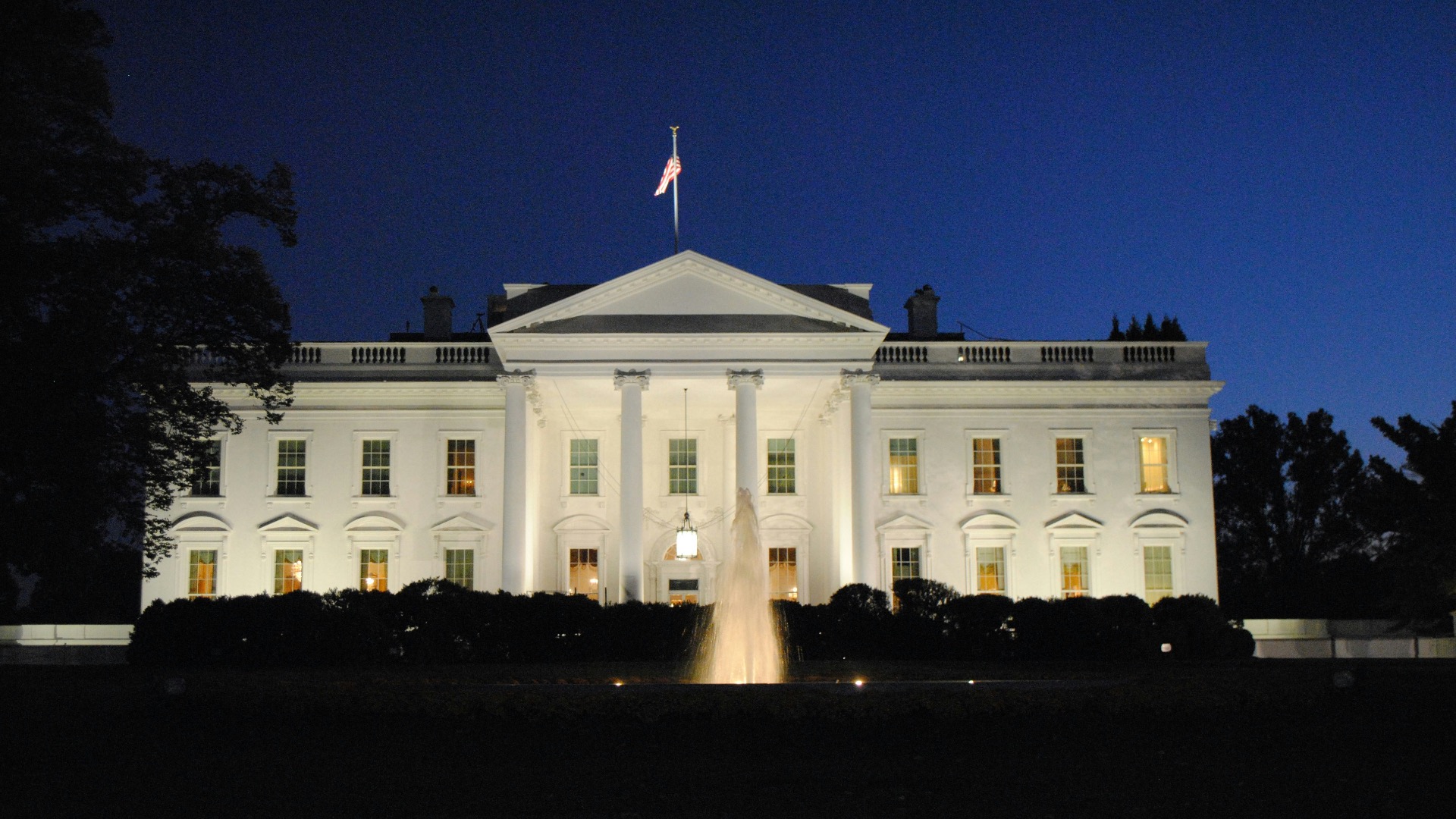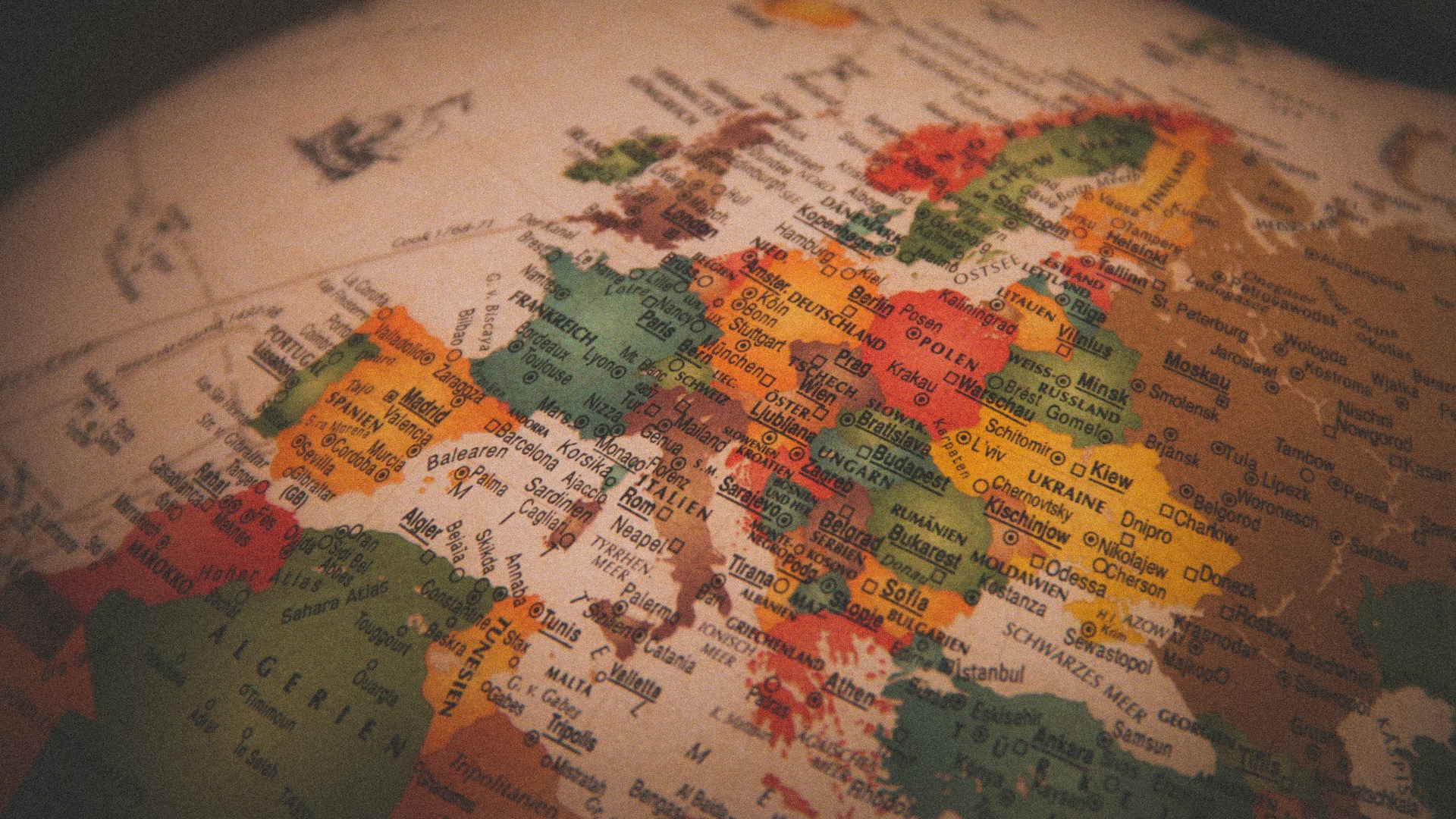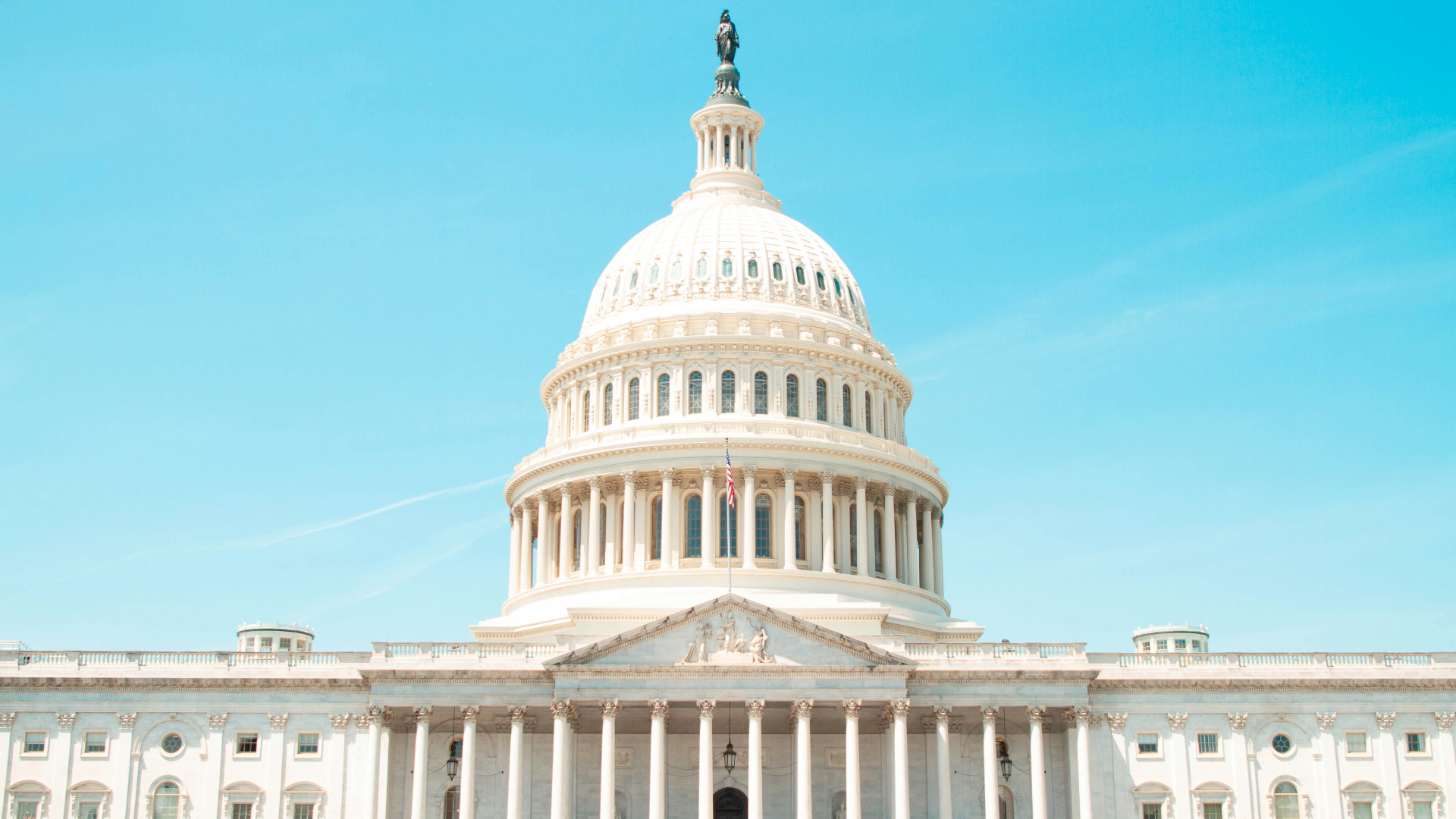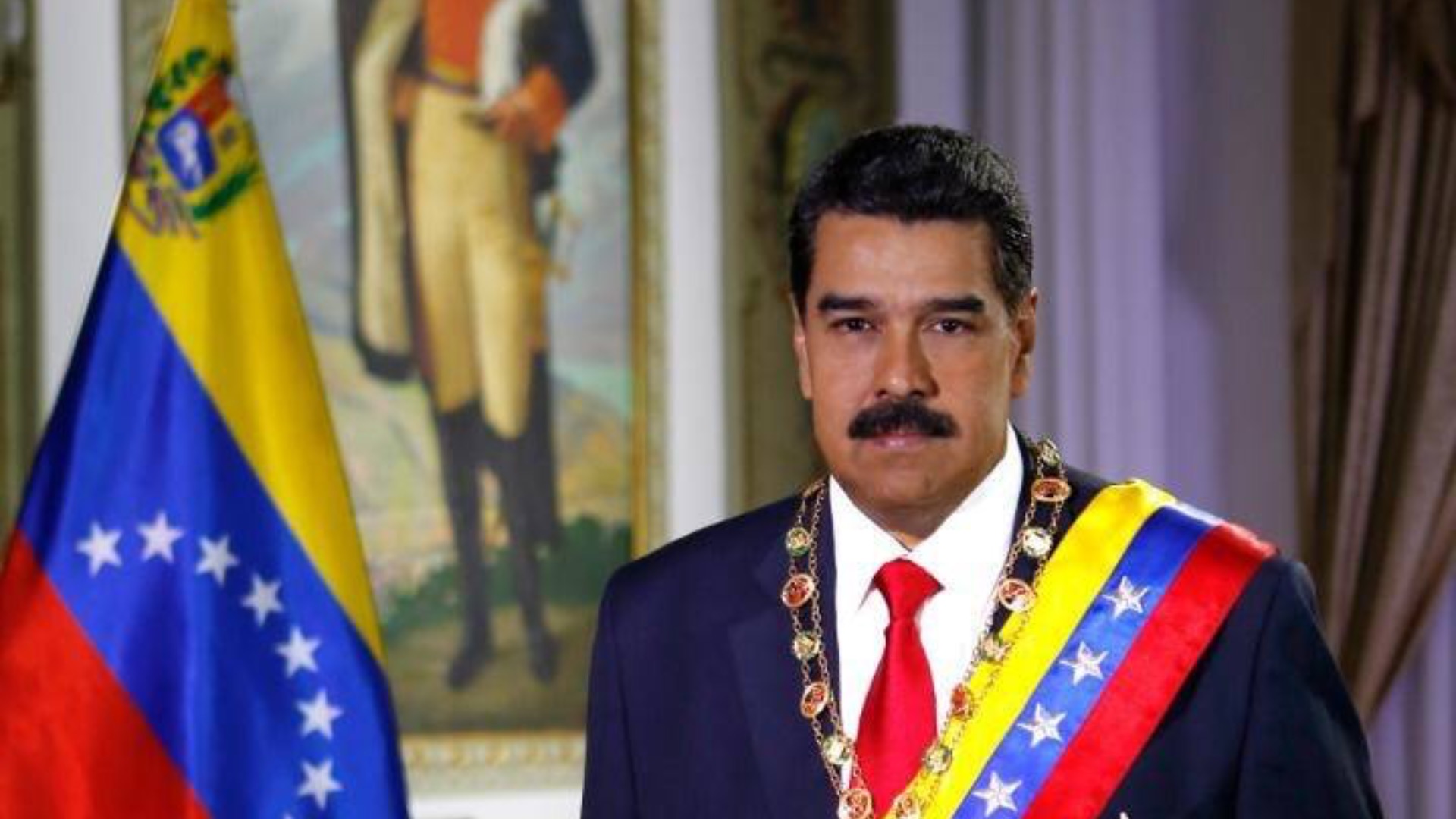
The Future of U.S. Foreign Policy in a Multipolar World: Between Adaptation and Ambiguity
The future of U.S. foreign policy is unfolding amid a fundamental transformation in the global order. The once-uncontested era of American dominance is giving way to a multipolar landscape defined by regional assertion, technological competition, and the diffusion of power. As Washington redefines its global role, it faces the dual challenge of maintaining strategic influence while acknowledging the limits of its primacy. For Europe and the wider international community, the evolution of American strategy will determine not only alliance dynamics but also the broader architecture of global governance in the coming decade.
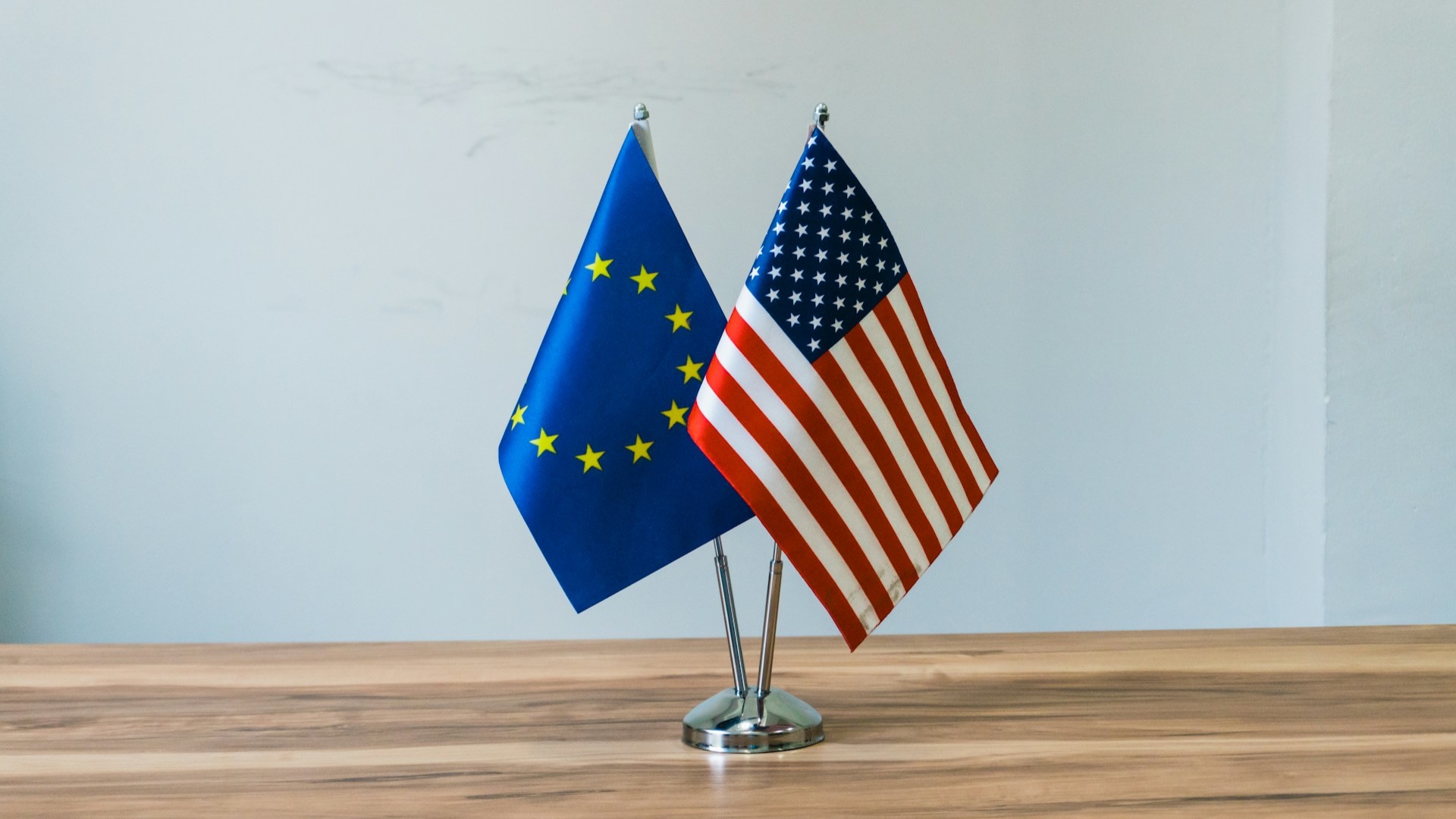
The Erosion of Unipolarity
For nearly three decades after the Cold War, the United States enjoyed what Charles Krauthammer famously termed the “unipolar moment.” Its unrivaled military power, economic strength, and cultural reach allowed it to champion a liberal international order centered on American norms and institutions. Yet, this era of dominance carried within it the seeds of its own decline. Costly military interventions, the 2008 financial crisis, domestic polarization, and shifting global economic gravity toward Asia have steadily eroded the credibility of U.S.-led liberalism.
The unipolar order’s decline is not merely a result of external challenges but of internal contradictions. Washington’s oscillation between global leadership and nationalist retrenchment—visible in its inconsistent commitment to multilateralism—has bred uncertainty among allies. The erosion of trust in U.S. reliability, particularly after the Trump administration’s unilateralism and the chaotic withdrawal from Afghanistan, has accelerated the search for alternative centers of power and influence.
Defining the New Multipolarity
The emerging international order is not simply a return to 19th-century great power politics. Today’s multipolarity is complex, fluid, and multidimensional. While the U.S.-China rivalry dominates headlines, the true character of this system lies in the agency of middle powers—India, the European Union, Brazil, and actors across the Global South—who increasingly shape outcomes through regional and issue-based coalitions.
This decentralization of power extends beyond military balance. It encompasses technological ecosystems, supply chain networks, digital governance, and the contestation of normative frameworks. Institutions like BRICS and ASEAN, and emerging mechanisms such as the African Continental Free Trade Area (AfCFTA) or India–Middle East–Europe Economic Corridor, reflect a world in which global order is negotiated through diverse, often overlapping, channels of influence.
For Washington, the challenge is conceptual as much as strategic: how to operate effectively in a system where leadership is contingent and legitimacy must be earned, not assumed.
U.S. Strategic Realignment: Between Restraint and Assertion
American foreign policy today is caught between competing impulses—restraint and reassertion. The Biden administration’s rhetoric emphasizes alliance renewal and democratic solidarity, yet its actions reveal a continued reliance on competitive containment, economic decoupling, and strategic dominance. The “foreign policy for the middle class” doctrine, for example, reflects a protectionist turn that complicates transatlantic cooperation on trade and industrial policy.
At the same time, the U.S. has demonstrated adaptability in forging new regional partnerships, from the Indo-Pacific’s Quad to the AUKUS defense pact. These initiatives, however, have raised concerns in Europe about marginalization and the revival of bloc politics. The persistent emphasis on great-power competition risks crowding out engagement with the Global South—precisely where much of the geopolitical reordering is taking place.
Critically, the American approach to multipolarity still bears traces of the unipolar mindset. The instinct to lead, rather than to cooperate on equal terms, continues to shape strategic thinking. This tension—between the rhetoric of partnership and the reality of dominance—defines much of Washington’s foreign policy ambiguity.
Engaging a Fragmented World: Pragmatism or Managed Decline?
To remain relevant, the U.S. must move beyond the binary logic of allies versus adversaries and embrace the complexity of issue-based diplomacy. Cooperative frameworks on climate change, pandemic response, digital regulation, and supply chain resilience offer opportunities for pragmatic engagement that do not rely solely on coercive power.
Yet, this shift requires a profound cultural and bureaucratic transformation within U.S. foreign policy institutions. Diplomacy, long overshadowed by military primacy, must reclaim its centrality. A more pluralistic world demands that Washington listen as much as it leads—acknowledging that legitimacy in the 21st century derives from mutual benefit, not unilateral initiative.
For Europe, particularly Germany, this transition presents both risks and openings. A more pragmatic, regionally focused U.S. could encourage greater European strategic autonomy and defense responsibility. However, uncertainty in American commitments—especially regarding NATO burden-sharing—may also expose transatlantic vulnerabilities.
Conclusion: The Imperative of Strategic Humility
The age of American exceptionalism has not ended, but it has been tempered by reality. The United States remains a pivotal global actor, yet its capacity to unilaterally shape outcomes is waning. The path forward lies not in nostalgia for unipolarity but in cultivating resilience through partnership, innovation, and humility.
If Washington can align its ambitions with the multipolar world’s pluralism, it may yet preserve its leadership in a different form—one defined by convening power rather than command. The alternative, an overreach rooted in denial of change, risks accelerating decline.
For Berlin and Europe’s policy community, understanding this evolution is more than an academic exercise—it is a matter of strategic foresight. The future of the transatlantic relationship will depend on whether both sides can adapt to a world where power is shared, not bestowed. In that shared adaptation lies the promise of renewed relevance—for the United States, Europe, and the liberal order itself.


The World in Focus: Highlights from Foreign Affairs’ Best Books of 2025
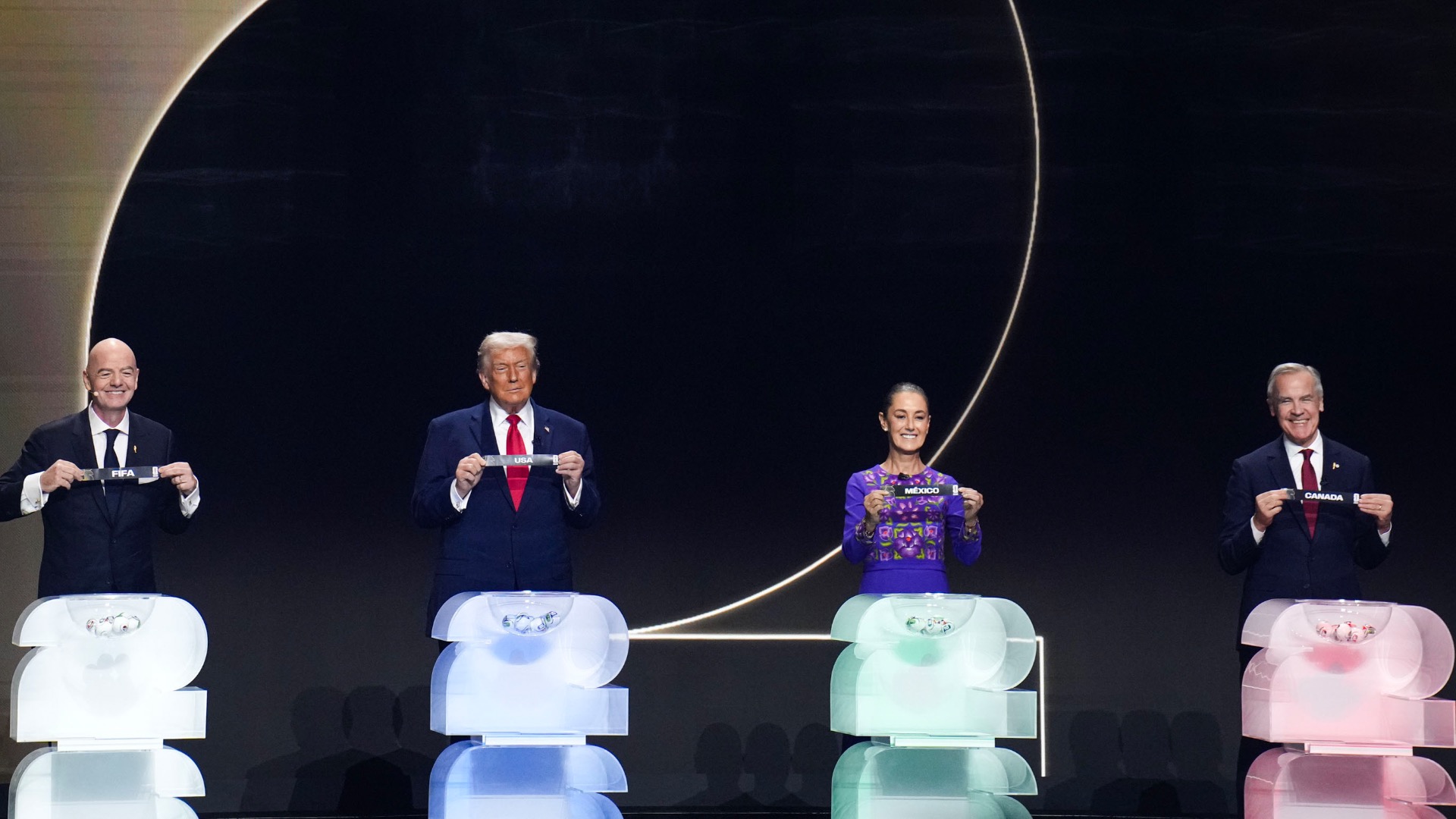

2025: A World Without Resolution
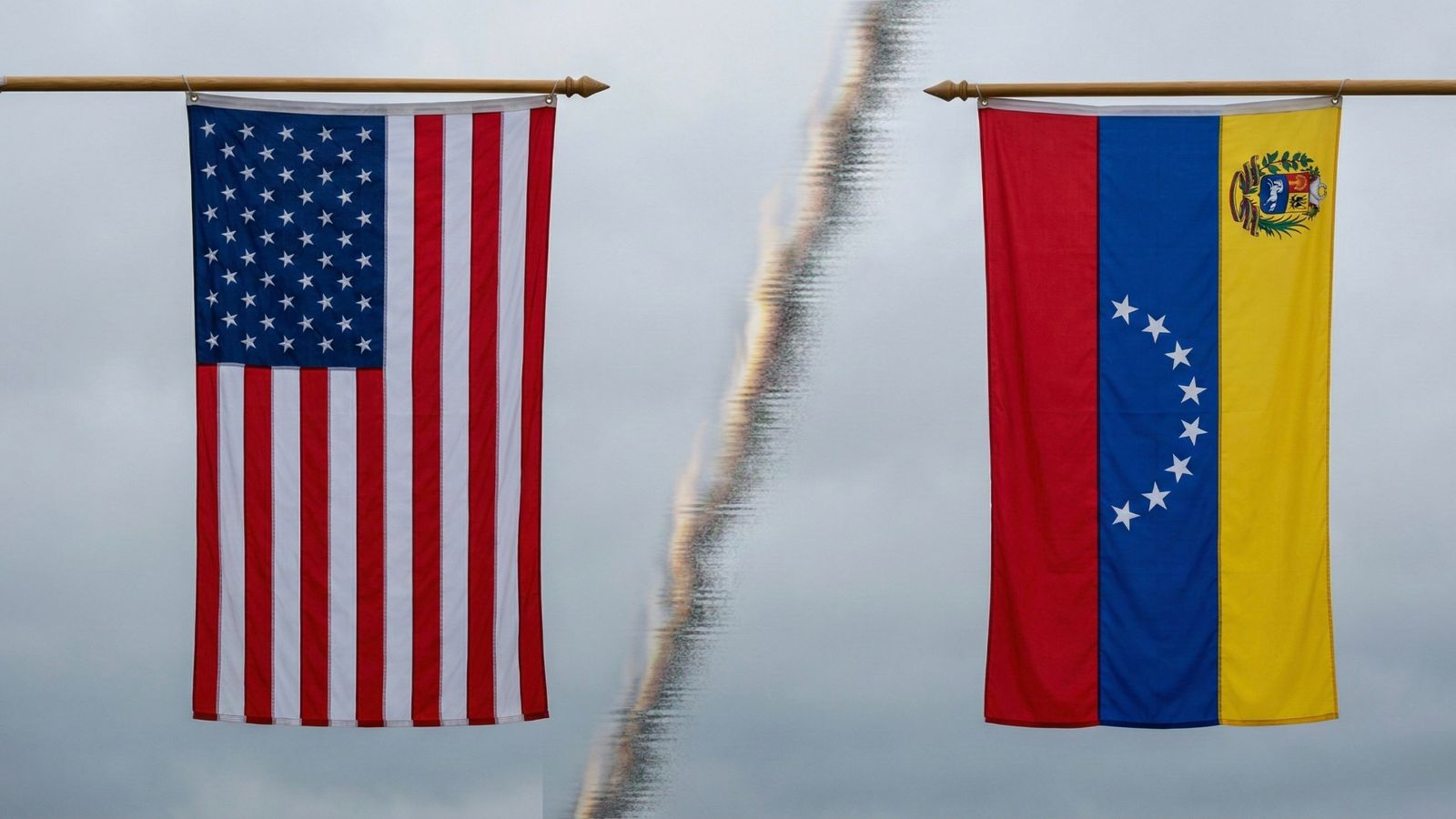
The U.S.-Venezuela Limited War of 2025: A Legal and Strategic Assessment
